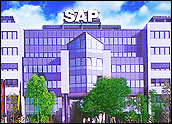
Revelations during the U.S. Department of Justice (DOJ) lawsuit to block Oracle’s hostile takeover of PeopleSoft have caused the world’s biggest maker of enterprise software to declare that it is not for sale.
As part of a willingness to cooperate with the DOJ’s case against the merger, Germany-based SAP confirmed yesterday that it did, in fact, engage in merger discussions with Microsoft. Because of the DOJ efforts and the possible disclosure of private corporate information, the two companies rushed to make independent disclosures about the talks before they could be brought out in the trial.
Both companies issued press statements noting that they were departing from their policies of not commenting on discussions related to proprietary and confidential information. Oracle attorney Daniel Wall alluded to the discussions in his opening remarks.
In its confirmation of the merger discussions, Microsoft claimed the deal was too complex and said it has no plans to resume negotiations.
Plan for Deeper Integration
According to reports, the two companies had been in discussion since the January 2003 announcement of SAP’s NetWeaver, a Web services application. On May 12th, at SAP’s Sapphire conference, the companies jointly announced a plan for deeper integration between their strategic platforms initiatives: Microsoft .NET and SAP NetWeaver.
Now it seems that plan also included broader integration discussions regarding Microsoft acquiring SAP. An SAP spokesperson said the discussions were preliminary and never reached a stage at which regulatory filing might have been required.
After tabling the merger talks last spring, the two companies pursued other discussions surrounding Web services. Those discussions resulted in the Sapphire announcement regarding a deepened relationship that would entail cross-licensing Web services. Despite the dissolution of merger talks, both companies indicated they are continuing talks regarding Web services.
Business-Applications Market
Steve Trotta, Technology Business Research’s industry software analyst, told CRM Buyer that it should be no surprise that such discussions occurred. After all, he said, Microsoft is on the lookout for ways to make an acquisition to propel itself further into the lucrative business-applications market. “Microsoft has already made large acquisitions to get started in this market when it acquired Great Plains in late 2000 and then Navision in 2002,” he noted.
The DOJ is making the case that the triad of Oracle, PeopleSoft and SAP have secured the majority of the market for enterprise software that runs the accounting and personnel departments of the largest U.S. corporations. Meanwhile, Oracle’s premise is that the DOJ’s definition is overly restrictive and ignores the many smaller players eager to fill market niches, as well as the probable market entry of software giant Microsoft.
But it was just last year that Microsoft said it would not enter the enterprise resource planning (ERP) market dominated by SAP for at least two years. Microsoft reportedly sees much potential in ERP and means to push its other products into these markets through tighter integration.
Still, a recent report by AMI Partners indicates the large enterprise market is approaching saturation, so perhaps Microsoft also is eyeing ERP for the mid-market, an area in which analysts have noted SAP is weak.
Case Against Oracle
According to some industry observers, the case against Oracle might hinge on how Judge Vaughn Walker defines the market — whether, for example, the case should focus on the U.S. or international markets. It remains to be seen whether the Microsoft-SAP talks will help or hinder Oracle during the month-long trial.
According to Trotta, Microsoft has an incredibly lofty goal of growing its business-solutions segment — the business-applications software division — to $10 billion in revenue by 2010. In his opinion, it would be nearly impossible to reach that point through organic growth as opposed to acquisitions. But he posits that an SAP acquisition would take care of approximately 80 percent of Microsoft’s $10 billion goal.
Trotta noted that a Microsoft-SAP joint company would be a massive and expensive undertaking, approaching $50 billion. “This news definitely creates ‘fear, uncertainty and doubt’ in the business-applications market, and there are probably many companies out there wondering if they could be on Microsoft’s short list,” he said.
“Going forward, I would not be surprised to see Microsoft make a move on Siebel or companies like Lawson Software, i2 and Manugistics,” he added.







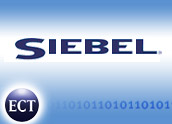


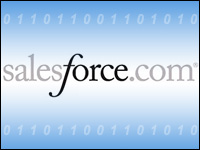
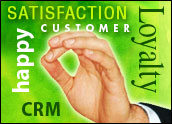
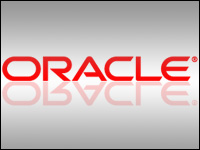











































Social CRM
See all Social CRM